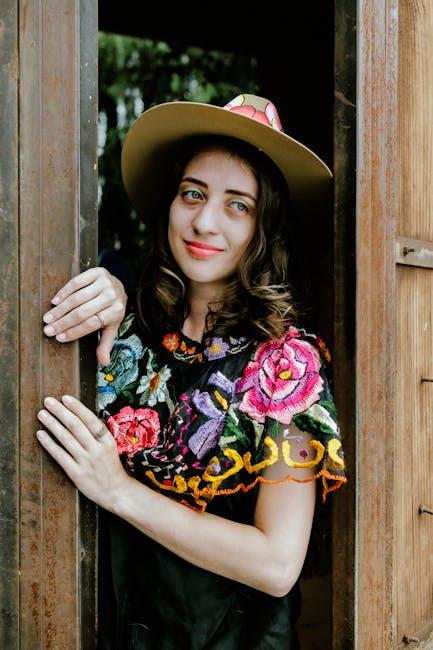In the intricate tapestry of human relationships, emotional needs weave a complex pattern that often begs the question: Should these threads be primarily intertwined with a single partner, or is it healthier to share them with a broader community? As we navigate the delicate balance between intimacy and independence, this exploration delves into the heart of how we connect, examining the roles that partners and friends play in fulfilling our emotional landscapes. Join us as we unravel this nuanced dialogue, where personal fulfillment meets collective experience, and discover what it truly means to feel supported in a modern world.
Balancing the Heart: The Role of Partners in Emotional Fulfillment
In the dance of relationships, finding the equilibrium between relying on a partner and nurturing a broader emotional network can be a delicate art. Partners often become the primary sounding board for our joys and sorrows, but is it fair or even healthy to place the entire weight of our emotional world on one person? A partner can indeed provide profound support, yet expecting them to fulfill every emotional need might lead to unrealistic pressures.
Consider these aspects to maintain balance:
- Diverse Connections: Engaging with friends, family, and community can enrich your emotional landscape, offering varied perspectives and support.
- Shared Responsibilities: Encourage open dialogues about emotional expectations and foster an environment where both partners feel supported.
- Personal Growth: Cultivate individual interests and hobbies that bring joy and fulfillment independently, enhancing the relationship’s vibrancy.

The Village Approach: Expanding Emotional Support Networks
In many cultures, the concept of a “village” extends beyond a geographical location—it’s a network of emotional and social support. While partners often play a crucial role in fulfilling emotional needs, relying solely on them can lead to pressure and unrealistic expectations. By sharing emotional responsibilities across a broader network, individuals can experience a richer and more balanced emotional life.
Consider these elements of expanding your support network:
- Diverse Perspectives: Engaging with friends, family, or community groups introduces varied viewpoints, enhancing emotional growth and resilience.
- Shared Experiences: Participating in group activities or discussions can provide comfort and understanding that one person alone might not offer.
- Resource Distribution: Sharing emotional support among several people prevents burnout and strengthens communal bonds.
By embracing a “village approach,” individuals can cultivate a more robust emotional ecosystem, benefiting both personal well-being and the health of their primary relationship.

Navigating Expectations: Setting Boundaries in Emotional Sharing
In any relationship, it’s essential to balance emotional sharing with your partner and with others. Establishing clear boundaries can prevent feelings of overwhelm and foster a healthier dynamic. Here are some strategies to consider:
- Recognize Individual Needs: Each person has unique emotional requirements. Understanding these can help determine how much you lean on your partner versus others.
- Communicate Openly: Discuss with your partner what feels comfortable and respectful. Transparency is key to maintaining trust.
- Encourage External Support: Having a diverse support system, including friends and family, can relieve pressure on your partner and enrich your emotional landscape.
By thoughtfully navigating these expectations, you cultivate an environment where both partners feel supported and understood, while also allowing room for external connections to thrive.

Practical Pathways: Strategies for Diverse Emotional Connections
In exploring how we connect emotionally, it’s essential to consider a range of strategies that enrich our relationships. Cultivating diverse emotional connections allows us to share our emotional landscape across different relationships, leading to a more balanced and fulfilling life. Here are some practical pathways to consider:
- Friendship Bonds: Friends provide unique perspectives and can often relate to specific experiences, offering support and empathy that complement your partner’s insights.
- Family Ties: Family members, with their shared history, can offer a sense of grounding and understanding that enriches emotional well-being.
- Community Engagement: Involvement in community groups or activities can foster a sense of belonging and purpose, enhancing emotional resilience.
- Professional Guidance: Therapists and counselors can provide objective support and tools for managing complex emotions, adding depth to personal growth.
By embracing these pathways, we create a network of support that goes beyond the singular expectation of our partners to meet all our emotional needs, fostering a richer, more dynamic emotional life.




